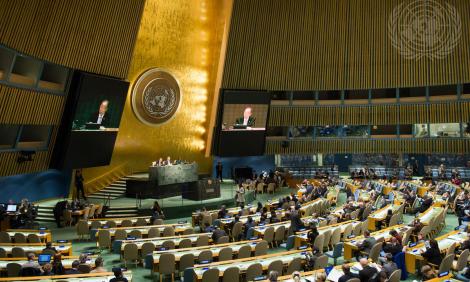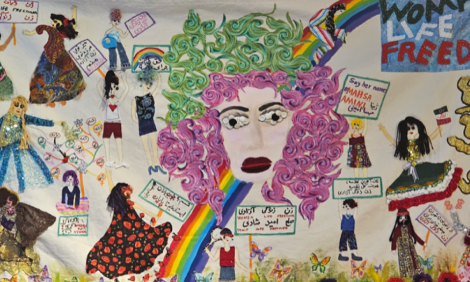Francia K. Baltazar P.
Francia Baltazar is originally from Tijuana, Baja California. She holds a master's degree in Political Biopsychology and Public Policy from the University of Nebraska-Lincoln, and a bachelor's degree in Political Science and International Relations from the Instituto Tecnológico Autónomo de México (ITAM).
She specializes in applied behavioral science. She has worked as a consultant, analyst, and researcher in various sectors, designing and implementing strategies for social impact, commercial expansion, and communication.
Be a fan
In depth
Updated Realities on Gender Justice and Digital Justice: Why International Multilateral Processes and Spaces Must Align
As Beijing+30, WSIS+20, and the Pact for the Future converge, this article reflects on three decades of feminist engagement at the intersection of gender and digital rights. While recognition of issues like technology-facilitated gender-based violence and AI harms marks progress, multilateral processes remain fragmented, Western-centric, and weak on accountability. This article argues for…
Feminist talk
Looking at Beijing+30: Adapting our approach to gender equality for today's technological landscape
This article reflects on how technological change has reshaped the landscape of gender equality. By referencing Hija Kamran's expert paper, it situates APC’s contributions, noting both the progress made and persistent gaps. The article outlines how issues such as digital gender divides, technology-facilitated violence, AI misuse, and surveillance now demand urgent attention. It stresses the…
Feminist talk
Reflecting on CSW68 theme “addressing poverty and strengthening institutions” as we carve the path towards gender justice
As many human rights activists and decision makers gathered for the 68th session of CSW in March in New York, the important questions about the politics of this year's theme that looked at "addressing poverty, strengthening institutions" remained unanswered. APC WRP's Karla Velasco reflects and calls to direct energies to address biases.








